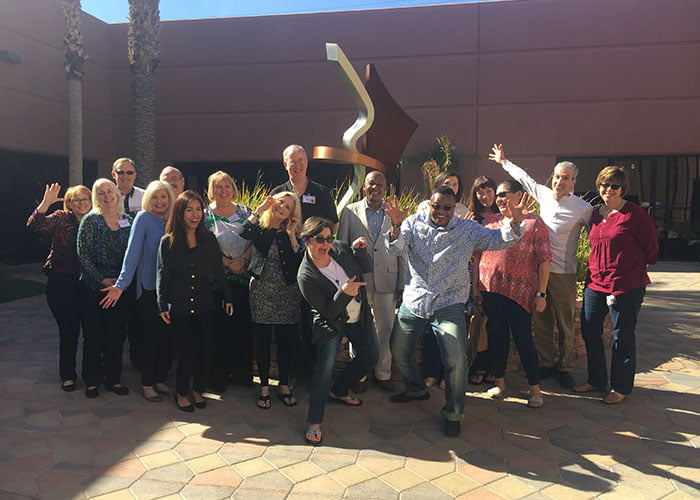Do you work in a creative industry? In the digital age, the answer is ‘yes,’ whatever your profession. All you need to do is understand your potential – and then unlock it.
The digital revolution has popped the cork on creativity. Filmmakers no longer need to rely solely on studios to release their movies when YouTube and Vimeo reach an audience of millions. Writers can choose traditional publishers, or newer options like Amazon and eBooks. Musicians can skip six months in a studio for five minutes in a bedroom with a laptop. We have more outlets for creativity than ever before, but how do we harness the tools at our fingertips to make the most of our potential? Does it take a certain type of brain to produce these results, or can we learn to be creative, no matter what field we work in?
Dr Robert Root-Bernstein, a professor in physiology at Michigan State University, is the co-author of Sparks of Genius: The 13 Thinking Tools of the World’s Most Creative People. He reckons creativity can be taught. “Creativity isn’t about problem-solving,” he explains. “Once a problem is well defined, the solution often follows rather directly.
In fact, the most creative people are actually the ones who point out where the problems are in the first place, but we don’t teach people how to do this. “Creativity isn’t restricted to types of profession – it appears in every discipline,” Dr Root-Bernstein continues. “Look at lawyers and accountants. Why did we have the Enron scandal? Why are we having these problems with banks? This is people being creative, looking for loopholes and trying to push boundaries.” Read Full Article>>
By Monisha Rajesh, writer for The Creativity Post on May 03, 2012


Add your comment now using your favorite social account or Click Here To Login
